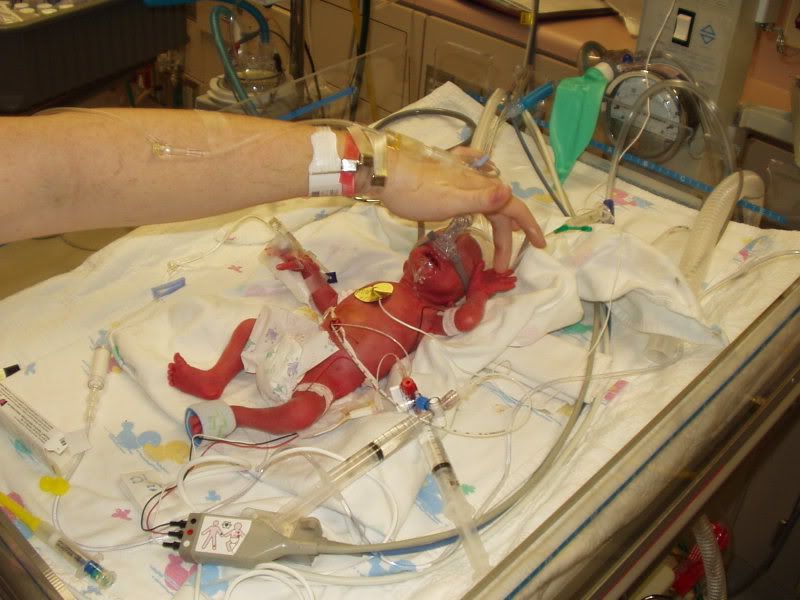A woman recently arrived in Ireland discovered that she was pregnant. She told doctors that she had been raped in her home country, and she did not wish to continue the pregnancy for reasons known best to her. Sadly, she had arrived in Ireland rather than England, where her medical care would not have been under the influence of a religious body that has a dismal record when it comes to women's rights.
The Catholic Church is busy fending off the scandal of the industrial schools and the history of child sex abuse, along with the horrors of the Magdalene laundry gulag and the mother-and-baby homes with their astronomical infant mortality rates. In spite of such a bad record, the Church continues to influence Irish society, and the members of that society charged with making the laws. Hence, the splitting of differences to reach a compromise that everyone could vote on.
The foreigner wanted an abortion, but under the new law she had to meet with a panel of doctors and plead her case for why she should have an abortion. There being few legitimate reasons, she said she was suicidal. She'd rather die than give birth. The two psychiatrists on the panel found merit in her claims. The obstetrician, however, had a different take from his point of view, and the request for an abortion was denied.
In part, the problem was that it took a rather long time to get through the whole process, and with the passage of time the fetus just continued to grow and develop. When the committee did finally come up with a decision, the woman was already beyond the date at which a simple abortion could be performed.
She, in turn, went on a hunger strike. Did she have to prove how sincere she was about making an end of it rather than have a baby she did not want and could not care for?
Clearly the woman was determined to take her life, and if she succeeded it would be just another black eye for Ireland and its record of abuse. Coming on the heels of the newest scandal in regard to dead illegitimate babies dumped in unmarked graves and the selling of babies in forced adoptions, the timing was very wrong for yet another mark against the State.
How to split the difference, then, between forcing a hunger striking woman to give birth or allowing her to sort of terminate the pregnancy?
 |
| Premie born at 25 weeks gestation |
Perform a Caesarean section, deliver a premature baby, and there you have it. Not pregnant any more, and technically there was no termination.
Brilliant.
And, like all compromises, no one is quite happy.
The Bishop of Elphin is upset that the pregnancy was not made to continue without medical interference, even though the woman had gone on a hunger strike. Well, naturally, if she had died herself the baby would have died but that's a natural thing and not something brought about by medical intervention. Besides, to deliver the child early was unethical. We can't have babies delivered prematurely because a woman wants an abortion.
The Minister for Justice, who happens to be female, is calling for revisions to a fatally flawed law. The woman in the case was put through an ordeal that is not yet over, which is not what the revised abortion legislation was supposed to do. Others are calling for a change in the Irish Constitution which was crafted under the influence of the Catholic Church, and which puts heavy restrictions on women's abilities to make medical decisions for themselves.
As for the Irish taxpayer, they will be footing the bill for the extensive, and expensive, care that is required to keep a 25-week-old premature infant alive. Going forward, they will be paying for a litany of ailments that are typically associated with premies, and all because a new law meant to prevent abortion on demand resulted in a delay that prevented a timely abortion.
No comments:
Post a Comment